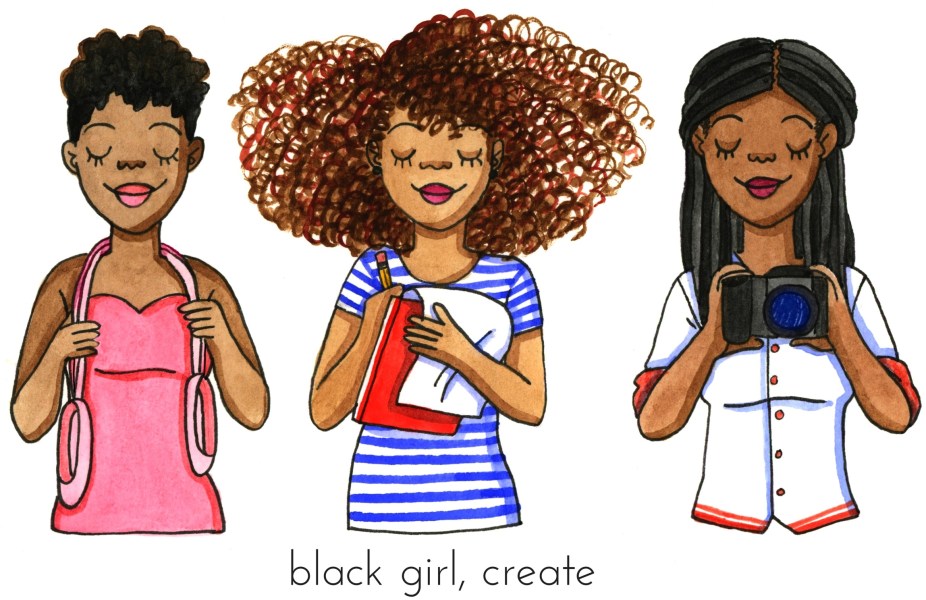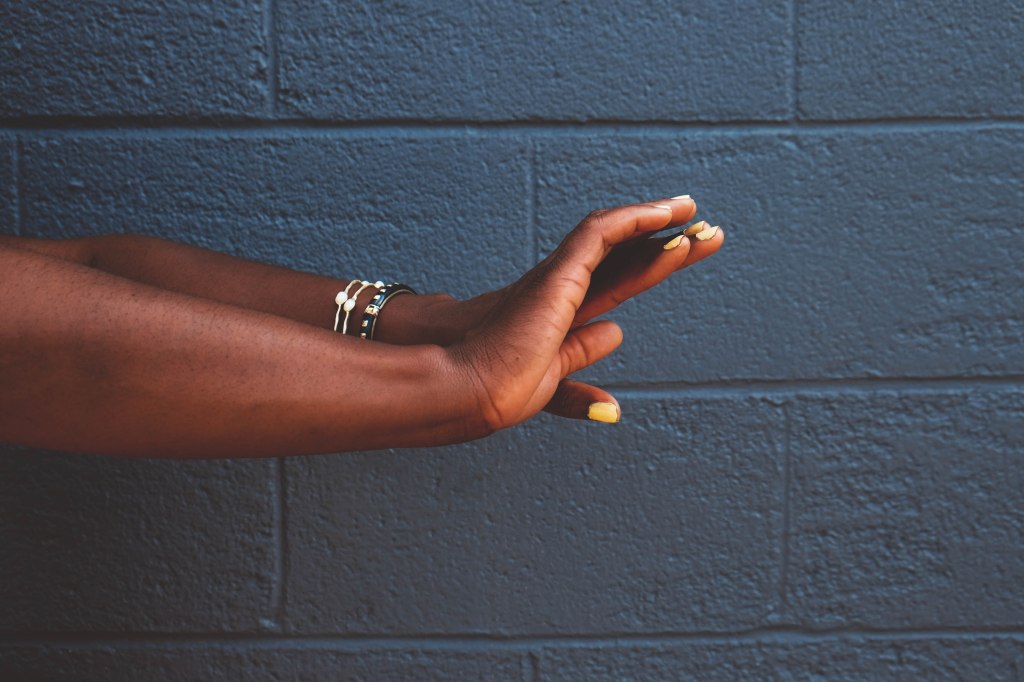When I shared “7 Things No One Tells Black Girls about Their 20s,” I received some comments from people saying that the things I wrote about were relatable to all women — not just the black ones. That I was alienating my audience because I put the words “black girls” in the title. That I was perpetuating segregation, the continuation of the separation of black people and white people.
Really?
This showed me that some folks just don’t understand that every culture of people will experience something different as they go through life, even if it looks the same on the surface. That they don’t understand that talking about that unique experience doesn’t mean you’re against being “united” or that you’re interested in continuing this country’s pronounced (and very much alive) history of separation. It showed me that some folks don’t get that for us to be equal — to have equity — we do not have to be the same.
We are not the same. The black girl experience is different from the white man experience is different from the queer experience is different from the Christian experience is different from … you get the point. To try to force the idea that my experience shouldn’t be talked about because of your discomfort or naïveté, or to push the idea that my experience is really no different from yours because “we’re all human beings” is plainly disrespectful.
Because the moment you have to call your husband and remind him to obey speed limits and be extra careful when driving because the police have shot and killed another fucking unarmed black man, then you can come talk to me about “we’re all human beings”
Or when you have to explain to your 6-year-old son why there are good cops and bad ones, you can come talk to me then, too
Or when you are followed in a store, while walking around with your designer bag, wearing your business casual outfit
Or the moment you have to decide if you should wear your hair the way it grows out of your head or if you should straighten it because people at work might not “get it” or approve of it. (Oh, and when you have people shove their hands in said hair without your permission, you can come talk to me about that, too.)
How about the moment you look around the conference room at work and see no one who looks like you
Or the moment your idea is dismissed and then accepted once a man repeats it word-for-fucking-word
Or the moment you have to sit in a meeting and listen to the person in charge tell a “funny” story about a colleague wearing cornrows and blackface to dress up as Dr. Martin Luther King, Jr. for Halloween (because we all know Dr. King had cornrows, right?)
Or the moment you have to second guess the basis of people calling you “sassy” or “scary,” “articulate” or “well-spoken”
Or the moment you overhear someone calling you “Aunt Jemima” (or better yet, that n-word that we all love to hate)
Or the moment you have to overthink every word that comes out of your mouth, specifically criticism, because you don’t want to be put into yet another stereotypical box
How about the moment you have to decide what name to put on your resume (the one your mama gave you or an “Americanized” version of that) to increase your chances of getting a job interview
Or the moment you turn on the TV or flip through a magazine or watch a movie, and see no one who looks or acts like you. (Oh, and when you do see yourself, you’re a stereotype: a baby mama, a loudmouth, a maid, a slave, you’re scary and tough, or you’re acting a fool fighting another woman who looks like you.)
Or the moment you turn on the TV and see a person who might run the country insinuate that you and a whole bunch of other people should return to a country/countries (or continent) that you may or may not even actually be from and realize that there are millions of people who agree
Or even the moment you think twice about visiting a different country, state, city or even a restaurant because you don’t know how they react to people with brown skin
What about the moment you start living in fear that one day your husband or son or brother or father won’t make it home because he’s been killed by someone who thought he was a threat because of the color of his skin
What about the moment you start living in fear that one day you might not make it home because you’ve been killed by someone who thought you were a threat because of the color of your skin
By the way, some of this is not exclusive to black girls, and this ain’t even everything (because we don’t have the time right now to go deep into the justice system, politics, education, gentrification, media, law enforcement, etcetera and so many other etceteras).
There are women of all classes, ethnic groups, cultures, sexual orientations, religions — women who should feel as if they can tell their stories however they want unapologetically — who encounter some of this and more on the daily.
But I’m a black girl, who’s talking to black girls because we don’t have many outlets that do.
And speaking my story does nothing to counteract the value and legitimacy of anyone else’s. And speaking my story doesn’t mean I’m oblivious to the commonalities we share as a race of human beings.
I’m done, so let me just set this right here, from Nobel Prize- and Pulitzer Prize-winning writer Toni Morrison: “I’m writing for black people. In the same way that Tolstoy was not writing for me, a 14-year-old colored girl from Lorain, Ohio. I don’t have to apologize or consider myself limited because I don’t [write about white people] — which is not absolutely true, there are lots of white people in my books. The point is not having the white critic sit on your shoulder and approve it.”

